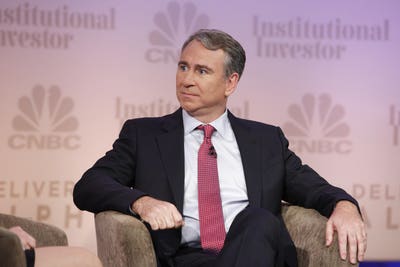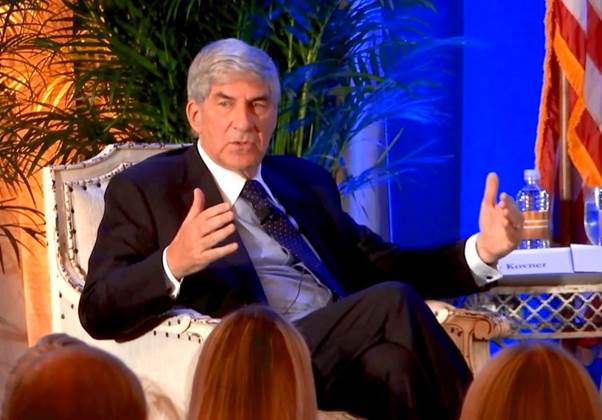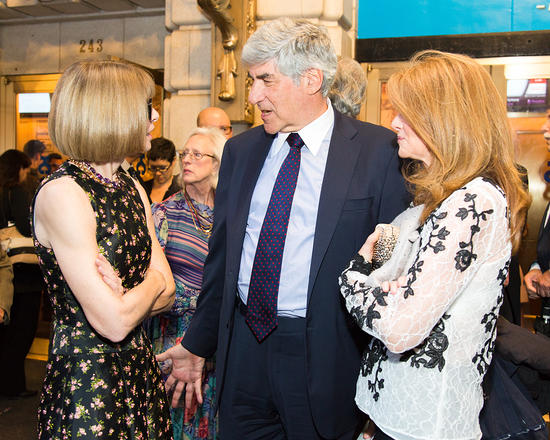When conversations turn to the world’s most successful hedge fund managers, Bruce Kovner is a name that consistently emerges. Known as the founder of Caxton Associates, Kovner built one of the most profitable hedge funds in history, turning his sharp instincts, risk management skills, and intellectual curiosity into an estimated net worth of $8.6 billion.
Unlike many billionaire financiers who embrace the spotlight, Kovner has preferred to remain relatively low-profile. He is not a household name like Warren Buffett or George Soros, but within financial and philanthropic circles, he is widely respected for his acumen and contributions. His journey—from a modest upbringing in Brooklyn to becoming one of America’s wealthiest self-made men—is a story of perseverance, discipline, and vision.

Early Life and Education
Bruce Stanley Kovner was born on February 27, 1945, in Brooklyn, New York, and grew up in the suburban area of San Fernando Valley, California. Raised in a middle-class Jewish family, his childhood was marked by discipline and education-focused values.
Kovner attended Van Nuys High School, where he developed an interest in academics and politics. He later studied at Harvard University, where he pursued political science. Though he did not finish his doctoral studies, his time at Harvard exposed him to ideas that would later shape his worldview and investment strategies.
During his early years, Kovner dabbled in various fields, including politics, writing, and even music. He drove a cab in New York City while trying to establish himself, reflecting a period of uncertainty before discovering his true calling in finance.
The First Big Trade: From $3,000 to a Fortune
Kovner’s entry into the financial world is the stuff of Wall Street legend. In 1977, using his personal credit card, he borrowed $3,000 and invested in soybean futures. That initial trade ballooned to over $40,000 in profit before shrinking back to around $23,000 due to market volatility.
This experience, though nerve-racking, introduced Kovner to the potential of currency and commodity trading. More importantly, it taught him lessons about risk management, discipline, and the dangers of greed—principles he would carry into his hedge fund career.
Career at Commodities Corporation
After his first success, Kovner joined Commodities Corporation, a firm known for developing some of the greatest traders of the 20th century, including Paul Tudor Jones and Michael Marcus.
At Commodities Corporation, Kovner honed his skills in futures and currency trading, gaining recognition for his ability to analyze global macroeconomic trends and make bold but calculated bets. His success there laid the foundation for his eventual leap into running his own hedge fund.
Founding Caxton Associates
In 1983, Bruce Kovner founded Caxton Associates, a global macro hedge fund that would go on to become one of the most respected firms in the world.
Caxton’s Strategy
Caxton focused on global macro trading—an approach that involves making investment decisions based on the economic and political outlook of countries. Kovner and his team analyzed interest rates, currencies, commodities, and global events, often taking positions that spanned continents.
Performance and Growth
Under Kovner’s leadership, Caxton delivered extraordinary returns. At its peak, the firm managed over $14 billion in assets and was considered among the elite hedge funds alongside names like Bridgewater and Soros Fund Management.
One of Kovner’s key strengths was his risk management discipline. He was known for cutting losses quickly and avoiding overleveraged bets, a style that shielded Caxton from many of the catastrophic losses that sank other funds.
By the time Kovner retired from active management in 2011, Caxton had generated billions in profits for its investors and cemented his place as one of the greatest traders in history.

Net Worth Breakdown: $8.6 Billion
Bruce Kovner’s fortune, estimated at $8.6 billion, is derived from multiple streams:
- Hedge Fund Earnings – His stake in Caxton Associates and decades of profits generated as its founder.
- Personal Investments – Real estate, equities, and private ventures.
- Philanthropy Management – Though philanthropy reduces net worth, Kovner’s charitable giving reflects substantial wealth.
- Art Collection – He is known to be an avid art collector, with pieces worth hundreds of millions.
- Endowment Investments – Through his charitable foundation, he manages significant assets that reinforce his long-term wealth.
Philanthropy: The Kovner Foundation
Beyond his financial achievements, Bruce Kovner is also a significant philanthropist. Through the Kovner Foundation, he has donated hundreds of millions of dollars to causes close to his heart.

Education
Kovner has been a major supporter of educational institutions, particularly The Juilliard School, where he served as chairman. He has funded scholarships, arts programs, and academic research, believing in the transformative power of education.
Arts and Culture
As an art enthusiast, Kovner has contributed to cultural institutions and music programs. His philanthropy reflects his passion for classical music, performance arts, and preserving cultural heritage.
Public Policy and Think Tanks
Kovner has also donated to conservative think tanks and policy groups, aligning with his political and economic philosophy.
Personal Life and Lifestyle
Despite his billions, Kovner is known for his modest and private lifestyle. He has been married twice and is a father, but he rarely courts media attention.

His real estate holdings include a lavish home in New York City and properties in Florida and elsewhere, valued in the hundreds of millions. Yet compared to some of his billionaire peers, Kovner avoids excessive displays of wealth.
Instead, his lifestyle reflects intellectual pursuits, philanthropy, and cultural patronage.
Investment Philosophy and Legacy
Bruce Kovner’s legacy in the world of finance rests on a few key principles:
- Risk Management First – Protecting capital is as important as generating returns.
- Global Perspective – Understanding the interplay between politics, economics, and markets.
- Discipline and Patience – Avoiding rash decisions and sticking to long-term strategies.
- Learning from Losses – Using mistakes as stepping stones rather than failures.
These philosophies influenced not just Caxton Associates but also generations of traders who studied his methods.
Comparison with Other Hedge Fund Billionaires
With a net worth of $8.6 billion, Bruce Kovner is among the richest hedge fund managers in history, though slightly less well-known than some of his contemporaries:
- Ray Dalio (Bridgewater Associates) – ~$16 billion
- George Soros (Soros Fund Management) – ~$6.7 billion
- Ken Griffin (Citadel) – ~$34 billion
- Bruce Kovner (Caxton Associates) – ~$8.6 billion
This places him solidly in the top tier of self-made finance billionaires, despite his preference for privacy over publicity.
Challenges and Criticism
Like many hedge fund managers, Kovner has faced criticism over his political donations and influence in policy-making. Some argue that billionaires like him wield too much power in shaping public policy through philanthropy and think tank funding.
However, even critics acknowledge his intellectual rigor and discipline as a trader, which set him apart from peers who rose and fell with market trends.
Future Prospects
Though retired from active hedge fund management, Kovner continues to influence finance and philanthropy through his foundation and investments. His fortune is secure, and his legacy in hedge fund history is already cemented.
Looking ahead, Kovner’s focus is likely to remain on education, the arts, and philanthropy, areas where his financial resources can make a lasting impact.
Bruce Kovner’s story is a classic American tale of self-made success. From humble beginnings to building one of the most respected hedge funds in the world, he transformed a $3,000 trade into a multi-billion-dollar empire.
With an estimated net worth of $8.6 billion, Kovner stands among the greatest hedge fund managers in history. His disciplined strategies, risk management skills, and global perspective allowed him to thrive in markets where many others failed.
Beyond finance, his philanthropy in education and the arts ensures that his legacy will extend far beyond Wall Street. Quiet, disciplined, and brilliant, Bruce Kovner represents the very best of hedge fund success—proof that discipline and vision can turn modest beginnings into extraordinary wealth.

